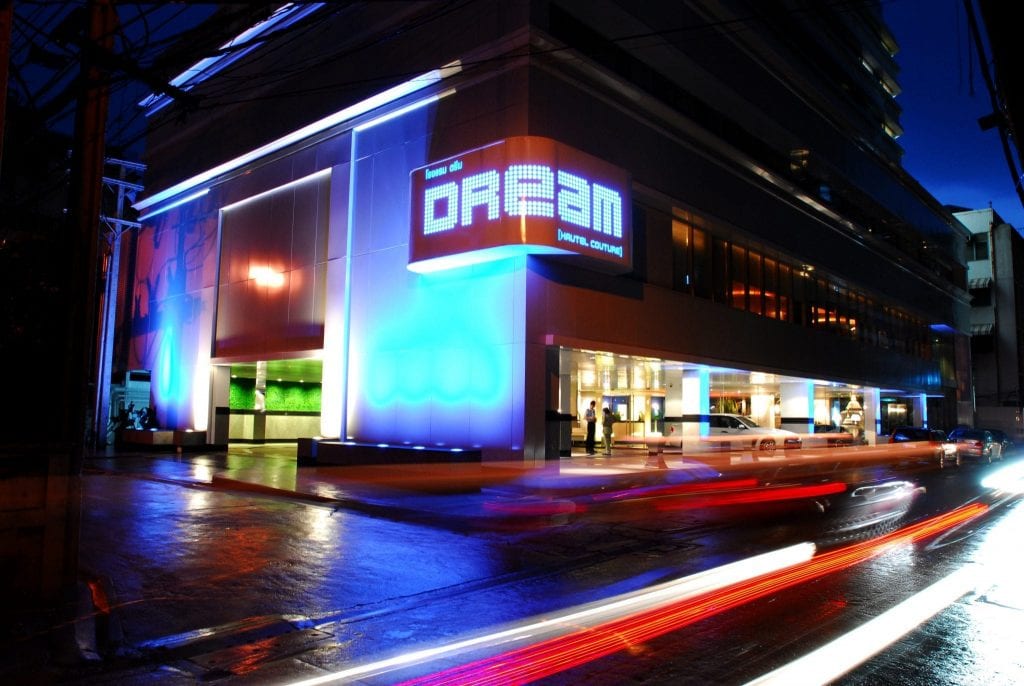Why Is It Getting Harder for Boutique Hotel Brands to Expand in Asia?

Skift Take
Boutique American and European hotel brands aim to expand in Asia, but will soon realize it’s more difficult than they imagined, and it’s only going to get harder. Here’s why, and how they can make a go of it.
Dream Hotel Group, Standard Hotels, Ace Hotel, Trump Hotels, Caesars Entertainment, Nobu Hotels, CitizenM, Karl Lagerfeld Hotels, and Laura Ashley Hotels are among a growing list of boutique U.S. and European hotel brands that want to expand in Asia.
They aren’t wrong in thinking that brand novelty, coupled with the region’s robust pipeline, should unlock growth. But while Asian owners do have an appetite for new boutique brands with an entrepreneurial spirit, they aren’t themselves risk takers, say hotel consulting firms interviewed by Skift.
Owners, after all, are making a 15 to 20-year decision on a brand which, successful as it may be in its home ground, remains unproven outside. They question what is its scale, human resource network, distribution system, and support to owners?
Making it harder, global hotel chains are fielding their own boutique brands in Asia, with consolidation giving them expanded development teams and corporate offices in more places throughout Asia.
Add to that homegrown Asian chains that are making huge efforts to grow into the upscale and luxury space after having established themselves in the economy and midscale sectors.
First Steps and Missteps
Take Dream Hotel Group that has only two properties in operation, Dream Bangkok and Dream Phuket, after entering Asia for over a decade.
The former is an aging 10-year-old hotel by now, while the latter is managed by a Singapore-based property development company, Castlewood Group, under a licensed agreement signed in 2015 that called for “20 Dream Hotels over the next 10 years.”
When that turned out to be a pipe dream, the U.S. chain tried to set up its own resources in the region, only to discover finding the right people with the right fit takes time. Its current leadership in Asia is a se
